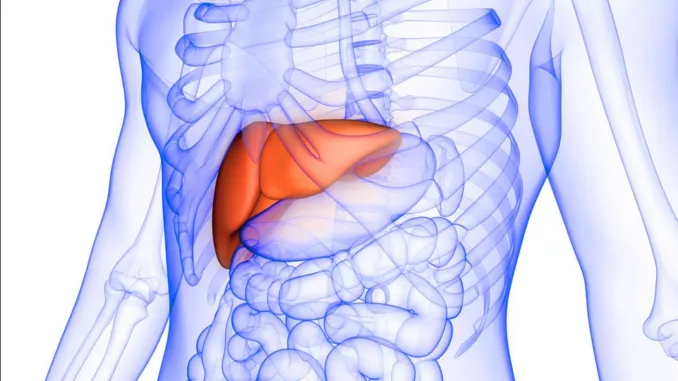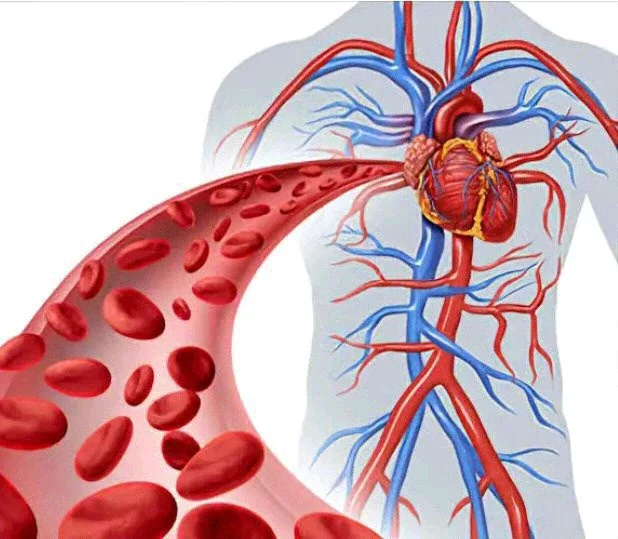
Bad breath, medically known as halitosis, can be more than just an embarrassing inconvenience; it can also serve as a potential indicator of underlying health issues. While occasional bad breath is common and often temporary, persistent halitosis may signal an underlying medical condition. Here are five diseases or conditions for which bad breath can be a symptom, emphasizing the importance of addressing this issue promptly:
1)Periodontal Disease: Persistent bad breath can be a sign of poor oral hygiene or gum disease, such as gingivitis or periodontitis. Bacteria in plaque and tartar buildup on teeth and gums can release foul-smelling gases, leading to chronic halitosis. Left untreated, periodontal disease can result in tooth loss and contribute to systemic health problems.
2)Gastroesophageal Reflux Disease (GERD): GERD is a digestive disorder characterized by the backward flow of stomach acid into the esophagus. Chronic acid reflux can lead to erosive esophagitis and contribute to bad breath due to the regurgitation of stomach contents, including acid and partially digested food. Managing GERD with lifestyle modifications and medication can help alleviate symptoms and improve breath odor.
3)Respiratory Infections: Sinus infections, bronchitis, and other respiratory illnesses can cause bad breath due to the presence of bacteria and mucus in the respiratory tract. Postnasal drip, a common symptom of sinusitis, can lead to a foul taste and odor in the mouth. Treating the underlying infection with antibiotics or other medications can help resolve bad breath associated with respiratory conditions.
4)Diabetes: Uncontrolled diabetes can lead to a condition called diabetic ketoacidosis (DKA), characterized by the production of ketones, acidic compounds produced when the body burns fat for energy. Ketones can cause a distinct fruity or acetone-like odor on the breath, indicating a potential medical emergency. Managing blood sugar levels through proper diet, medication, and lifestyle modifications is essential for preventing complications associated with diabetes, including halitosis.
5)Liver Disease: Certain liver conditions, such as cirrhosis or liver failure, can lead to a buildup of toxins in the body, which may manifest as bad breath. Additionally, individuals with liver disease may experience dry mouth, a common side effect of medications used to manage liver conditions, further exacerbating halitosis. Treating the underlying liver disorder and managing symptoms can help improve breath odor and overall health.
Ignoring persistent bad breath can have implications for both oral and systemic health. It's essential to address this symptom promptly by consulting with a healthcare professional, such as a dentist or physician, to identify any underlying medical conditions and develop an appropriate treatment plan. Maintaining good oral hygiene practices, staying hydrated, and seeking regular dental and medical care are essential for preventing and managing bad breath and promoting overall health and well-being.

















Comments